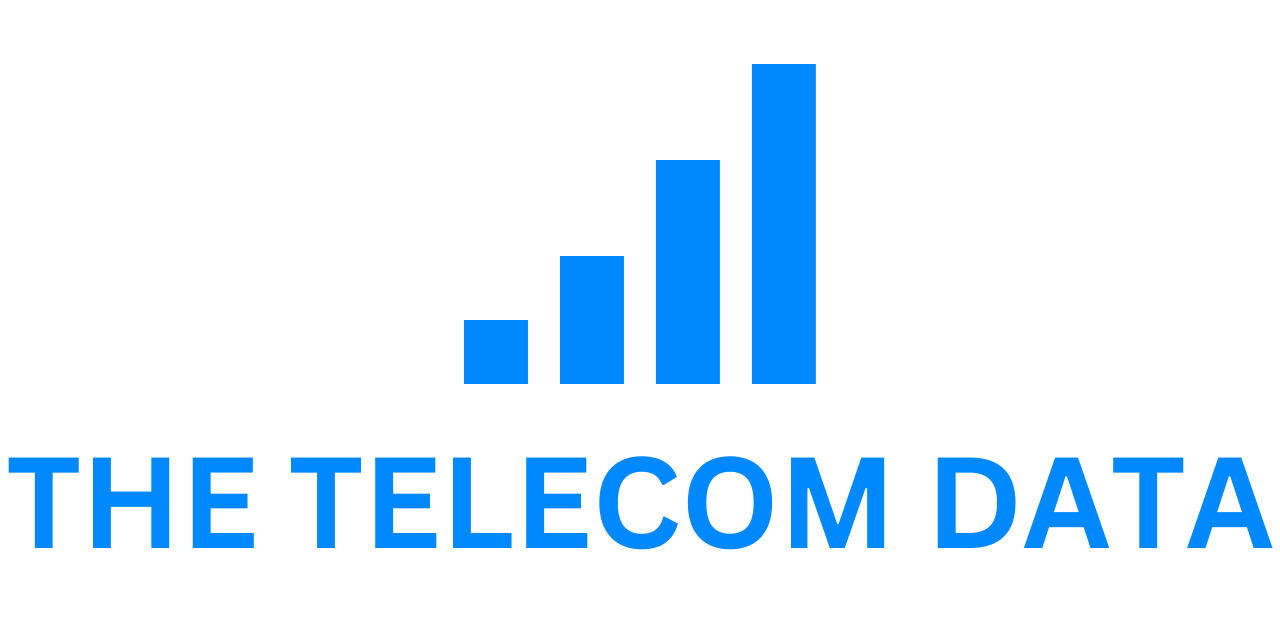Iridium Communications, a global leader in satellite voice and data communications, has announced the expanded commercial availability of its Satellite Time and Location (STL) service, a robust alternative for positioning, navigation, and timing (PNT) needs. This expansion allows Iridium partners to now offer the STL service in select regions across Europe and the Asia Pacific, responding to growing commercial demand.
The Iridium STL service plays a critical role in safeguarding local GNSS (Global Navigation Satellite System) infrastructure, such as GPS and Galileo, against threats like spoofing and jamming. These threats are increasingly prevalent in Europe and parts of Asia, posing risks to essential sectors including transportation, energy, telecommunications, and finance. Iridium STL provides a highly resilient signal that ensures the accuracy and integrity of timing systems, broadcasting a signal that is 1,000 times more powerful than GPS. Notably, the service is uniquely effective indoors without the need for rooftop antennas, offering a secure and cost-efficient timing solution.
Matt Desch, CEO of Iridium, emphasized the urgency of addressing these global threats: “We recognize the vulnerabilities faced by critical GNSS-dependent infrastructure worldwide and our commitment to deploying solutions swiftly. With our recent acquisition of Satelles, we have accelerated efforts to expand market access for this increasingly essential solution. Today’s announcement underscores that commitment.”
Iridium STL solutions are designed to be compact, affordable, and easy to deploy. Technology partners manufacturing STL-capable user equipment are intensifying their focus on these new markets in Europe and Asia, enabling seamless integration into existing GNSS-dependent networks or standalone deployment as primary units.
This expansion means that companies across North America, Europe, and parts of Asia Pacific can now access Iridium STL solutions. Further enhancements in sales support are anticipated to meet growing customer demand in the future.







